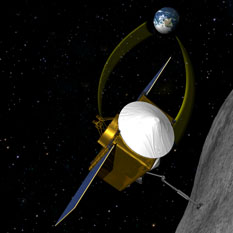For good role-model images of women in science and engineering careers, this might be a good resource:
ScienceGrrl is a network of (mostly) female scientists
who are
passionate about passing on their love of science,
technology,
engineering and mathematics (STEM) to the next generation
(www.sciencegrrl.co.uk,
@Science_Grrl).
We're currently working on producing the ScienceGrrl
Calendar 2013,
which celebrates the work of female scientists, and will
be sold to our
peers, colleagues, friends and beyond. The proceeds will
be invested in
projects that enable girls and young women to engage with
STEM role
models, to encourage their aspirations and open their
eyes to the range
of potential futures available to them within STEM. These
projects
include "Breakthrough: the gender stereotypes
project" and funded places
at the Mission Discovery summer school.
The calendar will feature 13 stunning images of female
scientists from
a diverse range of backgrounds, showcasing a variety of
science-related
careers. Three engineers on a London rooftop overlook a
striking
cityscape, showing the structural impact of STEM all
around us. A
medical physicist explains her work to a busy group of
colleagues and a
patient in University of Manchester’s PETCT scanner. In
Bristol, an
epidemiologist is surrounded by a blur of pedestrians as
she examines
data for a link between cannabis-smoking and mental
health. And there
are many more...
The calendar will be launched on 18 October 2012 and is
available for
pre-order now:
Please share this information on Twitter, Facebook,
Google+ and by any
other means with colleagues, friends and family and
anyone else you
think would benefit from knowing more about ScienceGrrl.
Best wishes,
Lucy Harper
Press Manager
Science Grrl Calendar 2013






 The
National Science + Engineering Competition aims to recognise and reward
young people’s achievements in all areas of Science, Technology,
The
National Science + Engineering Competition aims to recognise and reward
young people’s achievements in all areas of Science, Technology,